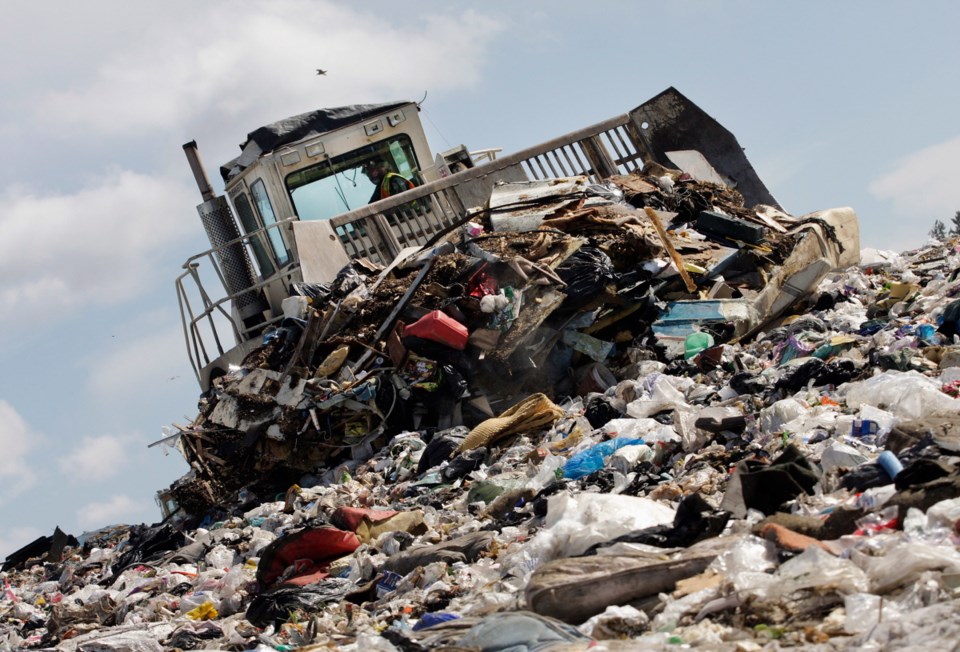Victoria is looking for help in developing a plan to transition the community to zero waste over the next 40 years.
“Zero waste is a buzzy term that’s gained a lot of traction over the past decade, I guess,” said Fraser Work, city director of engineering, noting that it is “a term that signals that we should be able to architect our way toward a world that doesn’t have waste.”
“It’s a lofty target. What we have to do is find ways to get as close to zero as possible. It’s a stretch target and an inspirational tagline, but it’s also where we need to drive.”
The city has issued a request for proposals for a consultant to “provide expert advice, guidance, research, and analysis to support city staff in the development of a Zero Waste Strategy.”
Most current models of approaching zero waste focus on a platforms using circular economies, which look to reduce emissions, energy, waste and materials used, Work said.
“That means new rules in chemistry. It means new rules of design. It means new rules in processing,” he said.
“So when we talk about it at a fundamental level, you could say it means no more waste going to landfills, ideally, and it would mean no more new landfills because you wouldn’t need any.”
The city’s request for proposals is for the first two phases of what is envisioned to be a four-phase strategy.
The consultant will be expected to examine how waste is created and managed across different sectors, looking at garbage collection data and composition studies, including the commercial and institutional sectors. They will also look at best practices and help identify a 40-year “zero waste and circular economy” vision.
Phase two will identify gaps and barriers in reaching the desired targets.
The third and fourth phases will identify options for achieving the goals. The fourth phase will also develop a detailed action plan for years one through five, and high-level plans for years five through 10, and 10 through 40.
As the city moves toward zero waste, systems will have to be developed to avoid or minimize habits, behaviours and processes that create waste, Work said.
“Then we need to have sustainable loops to manage those materials like kitchen scraps and make sure they get back, in this case, to the food system or the economy again.”
The successful consultant is expected to start work in February and deliver a report by May.



